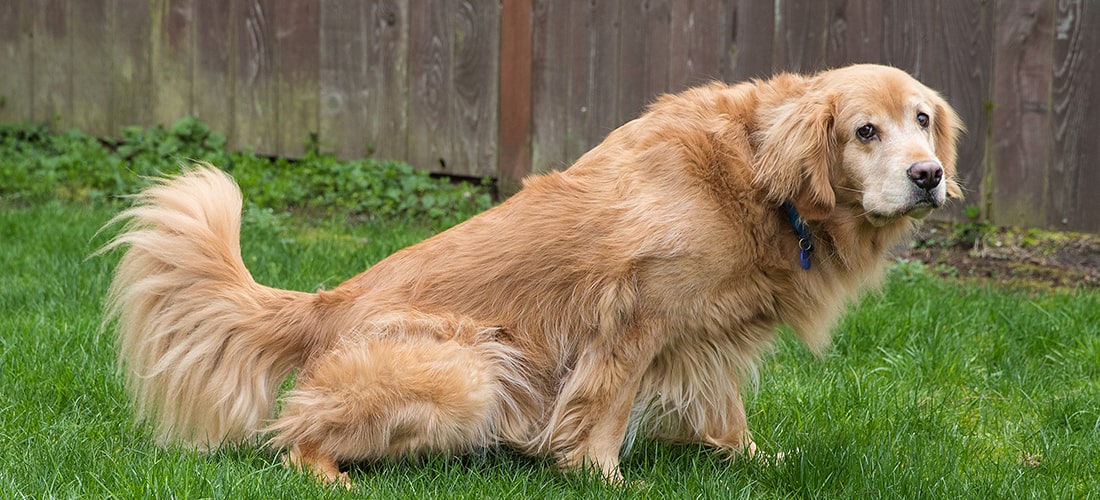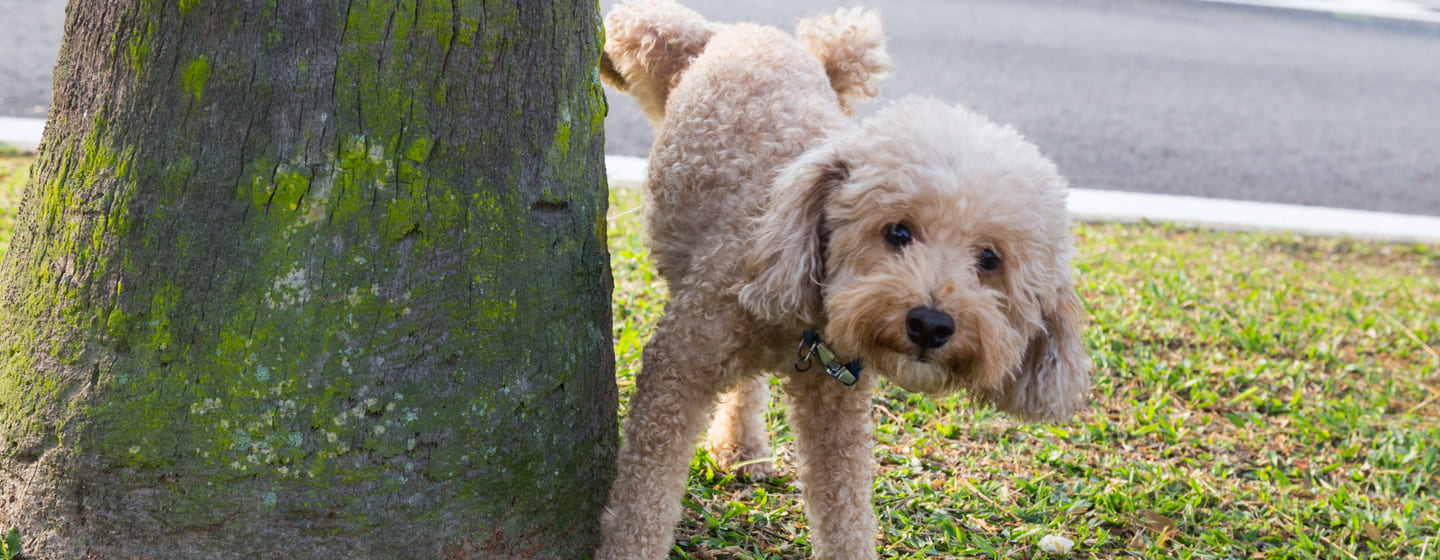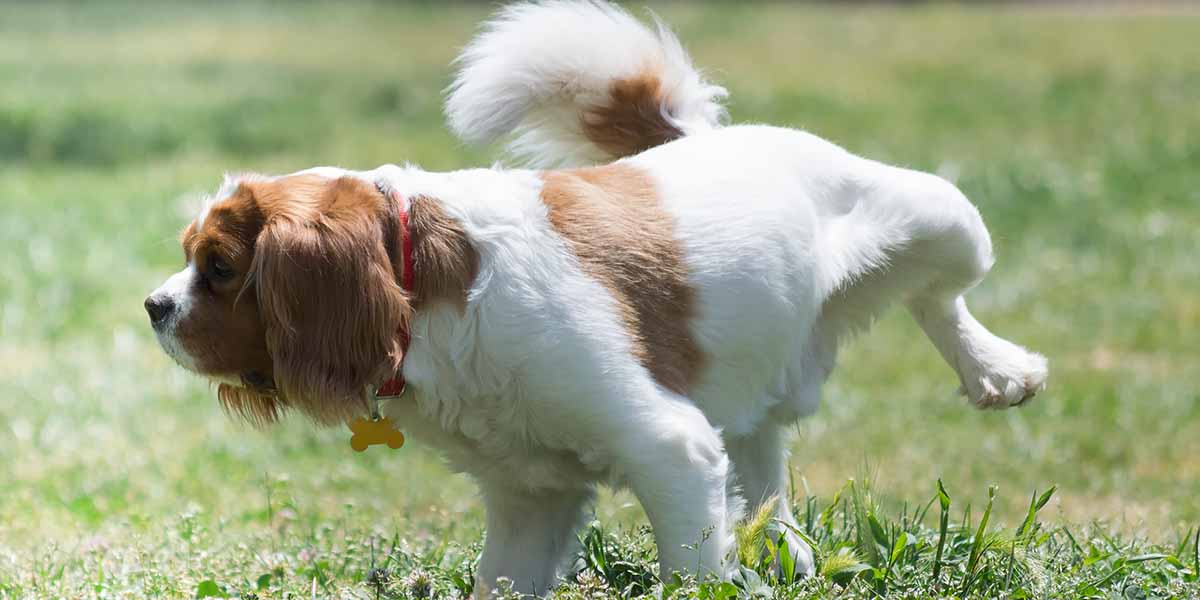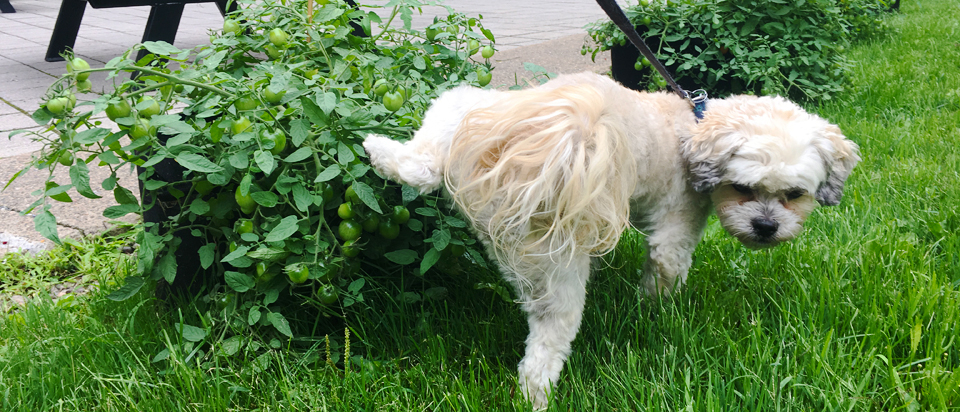How Long Can Dogs Hold Their Pee?
Dogs have been devoted friends and devoted family members, but they also have specific requirements like(How Long Can Dogs Hold Their Pee) that need to be met.

As dog owners, we frequently wonder how long our four-legged companions can go without going potty, especially on lengthy drives, hectic workdays, or overnight stays.
This in-depth tutorial will cover the elements that influence a dog’s urination patterns, how long they can hold it, and what we can do to keep them comfortable and healthy.
Factors That Affect a Dog’s Urination Habits
It’s important to comprehend the variables that can affect canine urine patterns before diving into their details. They consist of:
Breed: Because different dog breeds have varied metabolic rates and bladder volumes, this can alter how often they need to urinate.
Age: Older dogs and puppies may have weakened bladder muscles and require more frequent bathroom breaks.
Size: Smaller dogs may need to urinate more frequently than larger dogs because they typically have smaller bladders.
Food and hydration: A dog’s diet and water consumption might affect the volume and consistency of its urine.
Health conditions: Certain medical diseases, such as bladder stones or urinary tract infections, might make it difficult to keep urine in the bladder or induce frequent urination.

How Long Can Dogs Hold Their Pee?
Let’s tackle the burning issue: How long can dogs hold their pee? now that we have a better understanding of the variables that influence a dog’s urine patterns. The answer relies on a number of factors, such as:
Age: Older dogs and puppies may need to go outside every hour or two since they have less control over their bladder muscles.
Size: Smaller dogs may need to urinate more frequently than larger canines because they have smaller bladders.
Health: Dogs with bladder stones, urinary tract infections, or other conditions may require more frequent walks.
Food and drink: Dogs who consume more water or a high-fiber diet may need to urinate more frequently.

Puppies and older dogs may need to go outside every one to two hours, but an adult dog can often hold his or her bladder for four to six hours.
Individual dogs may, however, have different needs, so owners should pay attention to their pet’s behavior and make adjustments as necessary.
Tips for Helping Dogs Hold Their Pee
As responsible pet owners, we can help our dogs safely and pleasantly contain their poop. Here are a few pieces of advice:
Have a consistent potty schedule by taking your dog out at the same times each day, such as just after meals, before going to bed, and in the morning.
Give people many chances to urinate: Give your dog plenty of time to explore and locate an appropriate place to relieve themselves.
Accidents happen, especially during housetraining or with senior dogs, so don’t penalize them. When your dog goes outdoors, reward them with praise rather than penalizing them.
Dogs often don’t like to litter their sleeping environment, therefore crate training or creating a confined area
FAQ
How long can a dog hold their pee during the day?
A dog’s age, size, and general health are just a few of the variables that affect how long they may go without urinating during the course of the day.
Typically, mature dogs can hold their urine for anywhere between 6 and 8 hours, whereas puppies and senior dogs may need to go out more frequently.
Can holding pee for too long harm my dog?
Unnecessarily holding urine can actually hurt your dog. Long-term holding can cause bladder infections, urinary tract infections, and even bladder stones in dogs.
Also, it might make your dog uncomfortable and hurt, which might result in accidents within the house.
How often should I take my dog out to pee?
Adult dogs should be taken outside to relieve themselves every six to eight hours, while pups may require more frequent trips outside.

But, it’s crucial to pay attention to your dog’s specific needs and let them out when they exhibit signs of wanting to relieve themselves, such as whimpering or pacing.
What are some signs that my dog needs to go out to pee?
Some signs that your dog needs to go out to pee include whining, pacing, scratching at the door, sniffing around, and circling.
Is it possible to train a dog to hold its pee for long periods of time?
Training a dog to contain his poop for extended periods of time is not advised as it may cause health issues and discomfort for your dog.
It’s crucial to give your dog a regular opportunity to go outside and urinate. Consider seeking advice from a qualified dog trainer if your dog frequently has accidents within the home.
Can a dog hold their pee overnight?
Most mature dogs can go overnight without urinating for about 8 hours. Yet, it’s crucial to give your dog an opportunity to go outdoors and relieve themselves both before night and in the morning.
Can a dog hold their pee for a long car ride?
Dogs can typically hold their urination for a few hours while traveling by automobile, but you should take frequent breaks so your dog may get some fresh air and go potty.
It’s also critical to ensure that your dog has access to water during the drive.
Can a dog hold their pee while sleeping?
Sure, dogs can retain their urination while they are asleep. But, it’s crucial to give your dog regular chances to go outdoors and relieve themselves, especially first thing in the morning and right before night.

How can I tell if my dog is having difficulty holding their pee?
Dogs who frequently have accidents within the house, urinate in unexpected locations, or dribble urine may be struggling to hold it in.
It’s crucial to take your dog to the vet if you see any of these symptoms in order to rule out any underlying health issues.

